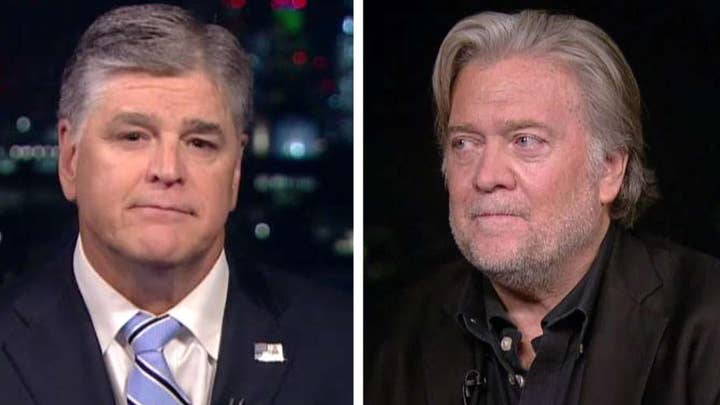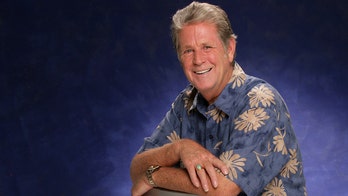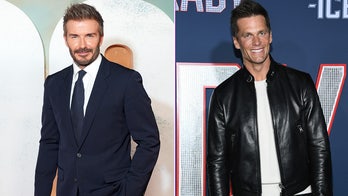
FILE: Steve Bannon, President Donald Trump's former chief strategist, talks during an interview in Washington. (AP)
David Remnick, the editor of the New Yorker, said on Monday that the magazine would take back its invitation to Steve Bannon after threats from liberal speakers who refused to share the stage with the ex-Trump aide.
In an email statement to the Associated Press, Bannon wrote: "After being contacted several months ago and with seven weeks of continual requests for this event, I accepted The New Yorker's invitation with no thought of an honorarium."
"The reason for my acceptance was simple: I would be facing one of the most fearless journalists of his generation. In what I would call a defining moment, David Remnick showed he was gutless when confronted by the howling online mob," he added.
"The reason for my acceptance was simple: I would be facing one of the most fearless journalists of his generation. In what I would call a defining moment, David Remnick showed he was gutless when confronted by the howling online mob"
This year's guests include Emily Blunt, Zadie Smith and Sally Yates, who Trump fired as deputy attorney general after she refused to back his initial ban on travelers from Muslim countries.
"I've thought this through and talked to colleagues — and I've re-considered," Remnick, who has repeatedly denounced Trump and his administration, wrote of his decision on Bannon. "There is a better way to do this. Our writers have interviewed Steve Bannon for The New Yorker before, and if the opportunity presents itself I'll interview him in a more traditionally journalistic setting as we first discussed, and not on stage."
The New Yorker's announcement on Bannon came earlier Monday and was denounced by Roxane Gay, Jessica Valenti and many others.
Jimmy Fallon, the late-night comedian, tweeted simply, "I'm out."
Tweeted Patton Oswalt: "I'm out. Sorry, @NewYorker. See if Milo Yiannopoulos is free?" a reference to the far-right writer and speaker whose memoir was dropped last year by Simon & Schuster after numerous complaints.
Remnick earlier wrote that he was well aware of his political differences with Bannon.
"The point of an interview, a rigorous interview, particularly in a case like this, is to put pressure on the views of the person being questioned," he wrote.
"There's no illusion here. It's obvious that no matter how tough the questioning, Bannon is not going to burst into tears and change his view of the world. He believes he is right and that his ideological opponents are mere 'snowflakes.' The question is whether an interview has value in terms of fact, argument, or even exposure, whether it has value to a reader or an audiencem," he wrote.
The Associated Press contributed to this report







